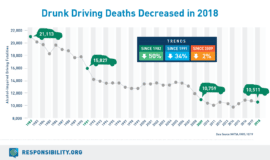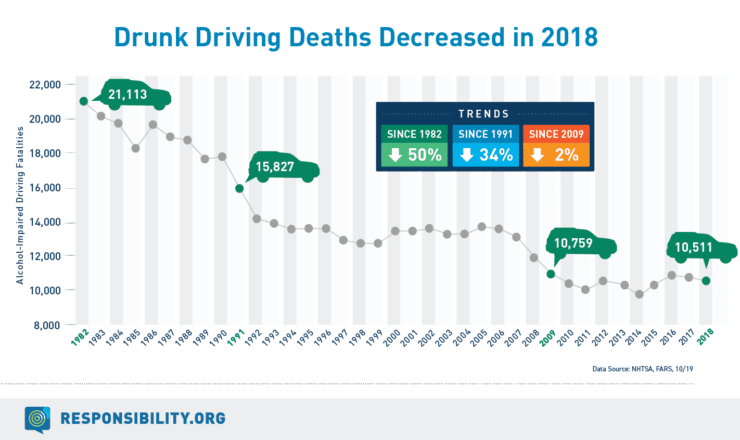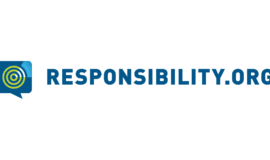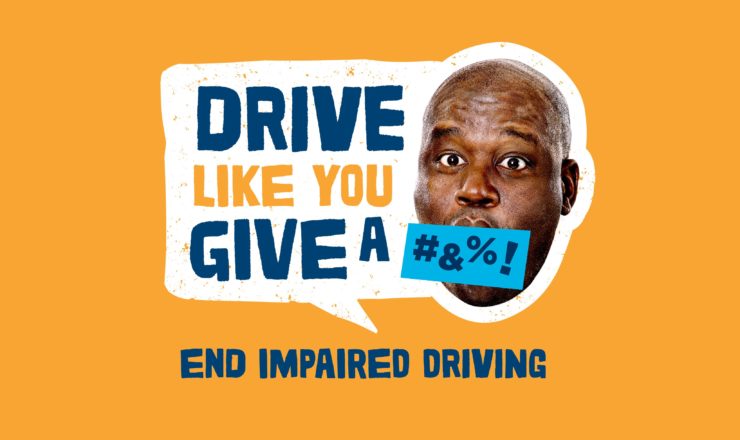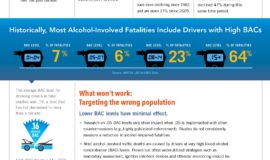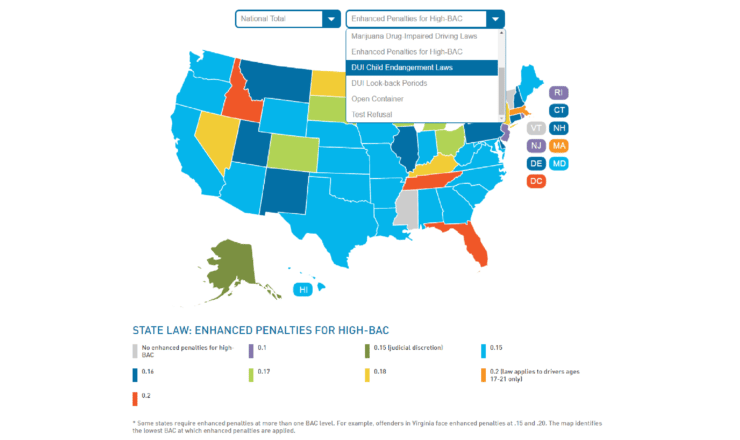CARS: Assessing Repeat Drunk Driving Offenders
You have all read the headlines about drunk drivers who are arrested for their fifth, sixth, or seventh offense. These individuals seemingly make the same mistake over and over again, failing to learn. These repeat offenders represent a particular challenge for the criminal justice system and hinder our ability to make progress in eliminating drunk driving.
Over the last few weeks we have discussed the importance of impaired driving countermeasures, such as ignition interlocks, and focused on why intervention with first offenders is imperative. Historically, repeat (sometimes referred to as ‘hardcore’) drunk drivers have received a greater amount of attention on account of the danger they pose. These offenders – a group that comprises 25-30% of those arrested for DUI in the United States – typically drive with a high blood alcohol concentration (BAC) and do so frequently. They are also very resistant to behavior change despite the fact that most have faced previous sanctions and completed some form of alcohol education or treatment.
What can be done to stop the revolving door of criminal justice contact for these individuals?
What can be done to reduce both the frequency of their DUI behavior, and the number of fatalities and injuries that occur on our roadways?
When most people think of DUI offenders, particularly repeat offenders, they tend to assume that the etiology or origin of the behavior is an alcohol and/or drug problem. However, research indicates that many repeat alcohol-impaired driving offenders suffer from co-occurring disorders (i.e., the presence of two or more disorders at the same time). Subsequently, one way that we can begin to realize further progress is to identify those offenders who require interventions, not only for substance use, but for other factors that influence their criminal behavior – particularly mental health disorders.
Responsibility.org believes the assessment of DUI offenders is the first step – and a necessary step – towards addressing the underlying causes of impaired driving behavior which will subsequently reduce recidivism and save lives.
In recognition of the need for effective assessment, we partnered with the Division on Addiction at Cambridge Health Alliance, a Harvard Medical School teaching hospital, to test and expand the use of the Computerized Assessment and Referral System (CARS).
CARS is a computerized clinical report generator tool that incorporates a standardized mental health assessment. The assessment is adapted from the World Health Organization’s Composite International Diagnostic Interview (or CIDI). The CIDI is reliable, well-validated and has been used with populations around the world. CARS packages this powerful mental health assessment tool with a user-friendly interface, increased flexibility, and immediate personalized output, to create a tool that laypeople, clinicians, and researchers can use easily. CARS output includes personalized information about a client’s mental health disorders and a summary of risk factors and important issues associated with these disorders. CARS also provides individually targeted referrals to treatment services based upon the outcomes of the assessment. This revolutionary assessment instrument was developed to fill an existing void in the field by screening for both substance use and mental health disorders among the DUI offender population.
For more information about CARS refer to the summary or view this webinar.
Video shoot
This week we were in Cambridge, Massachusetts to interview Dr. Howard Shaffer and Dr. Sarah Nelson about the development and implementation of CARS. The staff at the Division on Addiction and the Massachusetts Driving While Under the Influence of Liquor Program (MDUIL) participated in the filming of a CARS informational video that will be available for viewing in the near future.
This post was authored by Erin Holmes, Director of Traffic Safety and Technical Writer for Criminal Justice Programs here at Responsibility.org.









